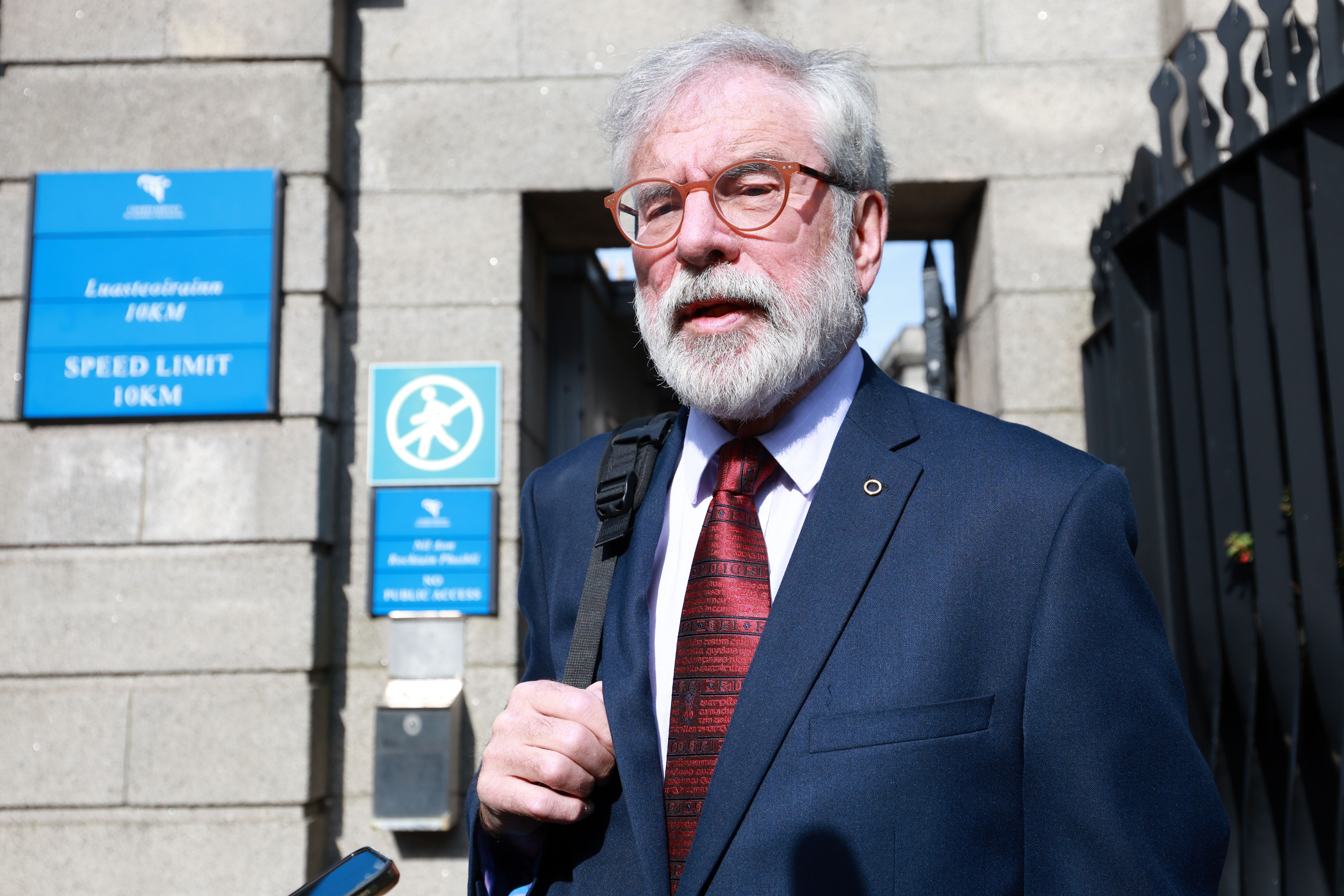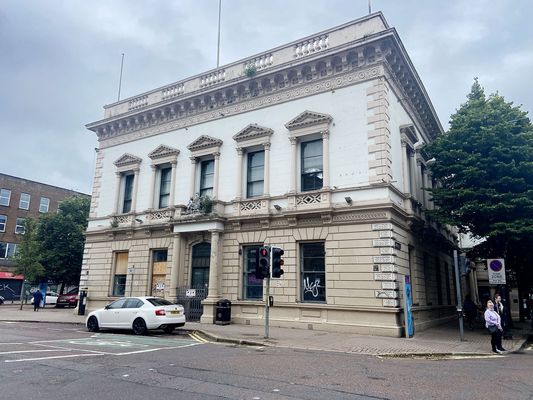FORMER Sinn Féin president Gerry Adams has been awarded €100,000 in damages against the BBC.
Mr Adams sued the BBC over a 2016 Spotlight NI documentary and an accompanying online article, which he said defamed him, and which alleged that he sanctioned the 2006 murder of British agent Dennis Donaldson.
A jury at the High Court in Dublin found in favour of the former West Belfast MP this morning, after determining that was the meaning of words included in the programme and article. It also found the BBC’s actions were not in good faith and that it had not acted in a fair and reasonable way.
Mr Donaldson was shot dead in Co Donegal in 2006 after having been outed as an MI5 agent for over 20 years.
Mr Adams' solicitor, Paul Tweed, said the case should have been resolved "some considerable time ago.”
“The jury, 12 people from different walks of life, having listened to extensive evidence during the course of the past four weeks, has come to the unequivocal conclusion that the subject allegation was highly defamatory,” he said.
“It therefore follows that the BBC Spotlight team at the time should not have included it in their broadcast. Not only had the false allegation regarding our client been the focus of the Spotlight documentary, but it had been utilised to sensationalise and publicise their programme.
“Furthermore, the fact that the false allegation has been left online for almost nine years has, in my opinion, done much to undermine the high standards of accuracy that is expected of the BBC."
Speaking outside court Mr Adams said: "I’ve always been satisfied with my reputation. Obviously, like yourself, we all have flaws in our character but the jury made the decision and let’s accept the outcome and let’s accept what the jury said.
"From my perspective, taking this case was about putting manners on the British Broadcasting Corporation."
He added: "I know many, many journalists. I like to think that I get on well with most of them. I get on well with the most of them and I wish you well…
"But the British Broadcasting Corporation upholds the ethos of the British state in Ireland and in my view, it's out of sync in many, many fronts with the Good Friday Agreement. It hasn't caught on to where we are on this island as part of the process, the continuing process, of building peace and justice and harmony and hopefully in the time ahead unity."






